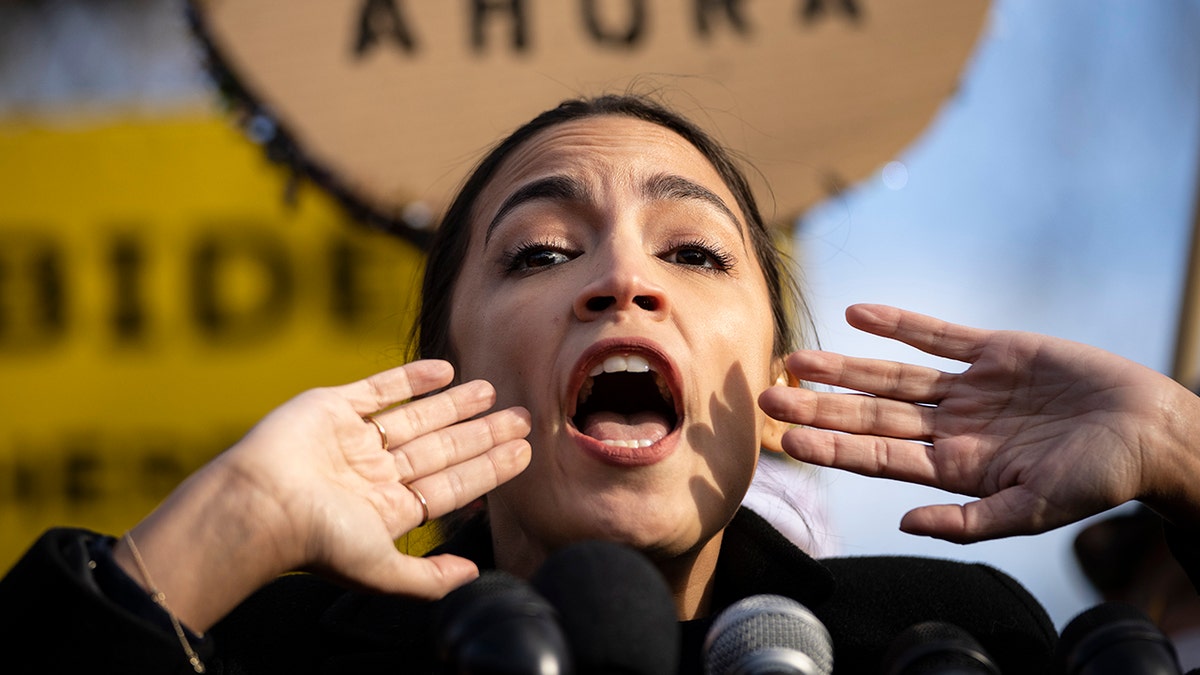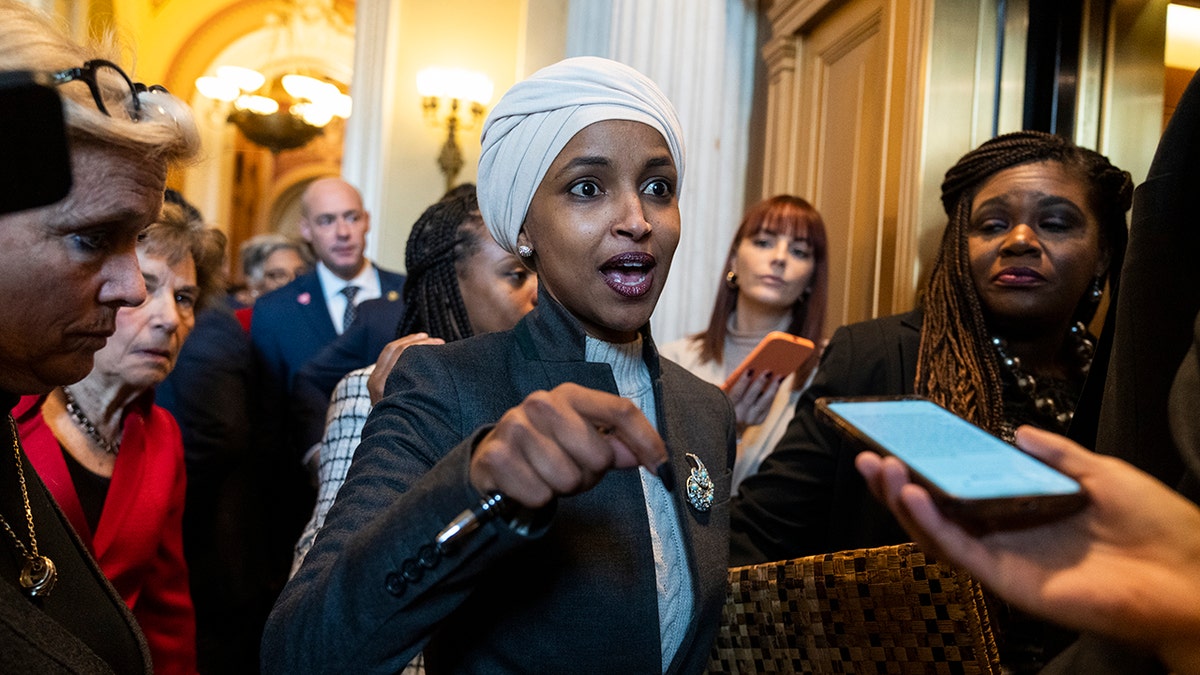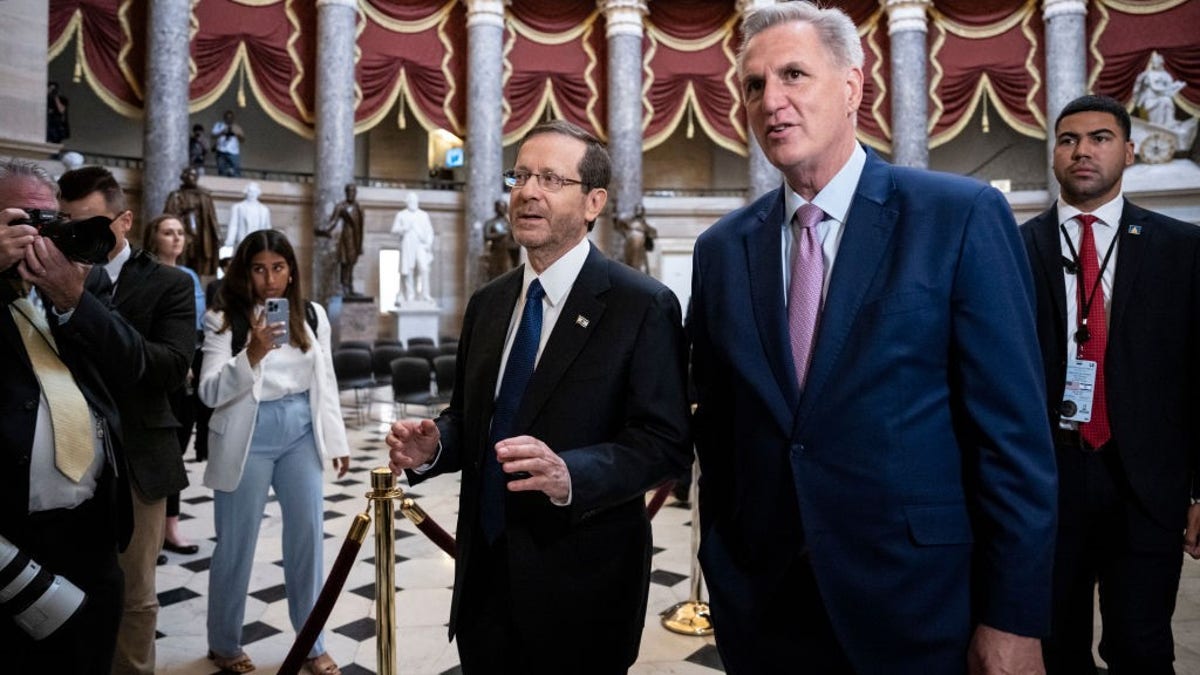Several progressive Democratic members of Congress boycotted Israeli President Isaac Herzog's address to a joint session of Congress, underscoring the growing division within the Democratic party regarding support for Israel. The boycott follows recent controversy surrounding Rep. Pramila Jayapal's characterization of Israel as a "racist state," a remark she later walked back but which drew criticism from both Democrats and Republicans.
Among those boycotting the speech were Reps. Ilhan Omar, Alexandria Ocasio-Cortez, Rashida Tlaib, Cori Bush, and Jamaal Bowman. These representatives have been critical of Israeli policies and have expressed solidarity with the Palestinian people. Their absence from the speech commemorating Israel's 75th anniversary highlighted the internal tensions within the Democratic party on this issue.

Rep. Omar was the first to announce her intention to boycott, stating emphatically on social media that she would not attend the speech of a leader who had previously barred her and Rep. Tlaib from visiting Israel. Rep. Tlaib also announced her boycott, citing solidarity with Palestinians. Rep. Bowman referenced a previous boycott of Indian Prime Minister Narendra Modi's address, emphasizing the need to hold allies accountable for human rights concerns. He expressed support for a democratic Israel and a Palestinian state coexisting peacefully, but noted that he hadn't yet seen evidence of Herzog embracing such an agenda.

The boycott occurred after a House resolution affirming that Israel is not a racist or apartheid state passed with overwhelming bipartisan support. While most Democrats voted in favor of the resolution, including Rep. Jayapal, nine Democrats voted against it and one voted "present." All of the representatives who boycotted Herzog's speech had voted against the pro-Israel resolution.

Republican lawmakers have condemned the progressive Democrats' actions, with House Speaker Kevin McCarthy labeling the boycott as antisemitic. He stressed the unacceptability of antisemitism, particularly within Congress. This incident further intensifies the debate surrounding the U.S.-Israel relationship and the role of progressive voices within the Democratic party.








